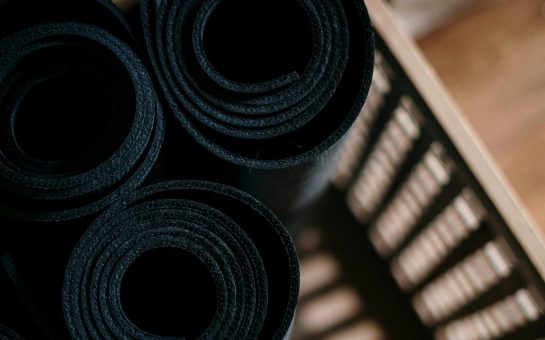Whilst reality TV is one of the largest sectors in the television industry, its behavioural effects are largely unknown.
However, reality programmes that show toxic behaviour such as Jersey Shore and The Real Housewives franchise can increase aggression, manipulation and narcissism in viewers.
Researchers from Central Michigan University found that people were more aggressive following exposure to an episode of reality TV that contained verbal and relational aggression.
After watching the programme, study participants received an “ego-threat” in the form of a competitive time-task, and their subsequent level of aggression was measured by the intensity and duration of a noise they administered to an ostensible opponent.
Researcher, Bryan Gibson PhD, said: “Unpleasant interpersonal behaviours which we were able to show led to viewers increasing the amount of aggression they were willing to direct towards somebody else.”
The study also found that participants who watched episodes depicting relational aggression were more aggressive than those exposed to family-friendly reality shows such as Little People Big World or violent crime dramas such as US show Dexter.

Gibson, who teaches psychology at Central Michigan University, said that a possible explanation for this finding is that surveillance shows are marketed as reality.
He said: “The behaviour documented is also seen as true behaviour, real unscripted things that the participants are engaging in.
“That could potentially have a greater effect on their own behaviour as opposed to watching what they know to be fiction.”
Meanwhile, a survey of 145 students from the University of Wisconsin concluded that viewers of reality TV believed “argumentative and conniving” behaviours portrayed on shows are “normal”.
This phenomenon is known as the ‘Cultivation Theory’, a sociological framework that suggests people exposed to a form of media for long periods of time are more likely to perceive social realities as they are presented.
According to data published by One Poll in 2016, 42% of 25-34-year-olds believe reality TV dramas are true, with 60% also believing on-screen-romances to be genuine.
But in 2012 The Bachelor creator Mike Fleiss told the Today show that: “70-80% of reality TV is scripted”, highlighting the methods of manipulation some show producers use to create more drama, and subsequently attract more viewers.
According to Gibson, age could also be a variable in behavioural changes caused by media.
He added: “The effects can be more powerful for children because they have less capacity to separate entertainment for reality, so it is in the realm of possibility that the effects could be stronger in younger people.”
As young people are both the target demographic and largest viewing sector of reality TV, the consumption of scripted reality that promotes negative mentalities, aggressive conflict and dysfunctional relationships has the potential to be extremely damaging.
Nonetheless, the behavioural effects of reality TV largely remain undiscussed, with conversation veering towards the mental health of participants and self-esteem problems shows can inflict on viewers.
For example, the Mental Health Foundation’s study found that shows such as ITV’s Love Island fuel body anxiety in young people, with almost one in four confirming reality TV makes them worry about body image.

In a survey conducted by SWL of a group of 16-24-year-olds with varying levels of reality TV consumption, 50% confirmed reality shows affected their body image, whilst more than 55% said they were unaware of potential psychological effects.
The survey also revealed that whilst 40% said they do not notice any behavioural changes in themselves after watching reality TV, 60% said they do notice others being ‘more aggressive’, ‘more argumentative’, ‘more irritable’, ‘more self-centred’ and ‘more anxious’.
Another study by Gibson’s team of researchers at Central Michigan University found that people who spend more time watching shows, are more emotionally invested in them or even identify with characters more closely, tend to be more narcissistic.
However, Gibson pointed out: “It could be simply that more narcissistic people are drawn to those shows, or that greater exposure over a length of time leads to increased narcissism.
“It is also possible that longer term exposure might intensify the effects.”
This open question draws attention to the reasons why people are attracted to reality TV shows.
The ‘Social Comparison Theory’ suggests that watching reality TV makes people feel better about themselves and their own lives.
With reality TV existing as one of the most popular and profitable sectors of the television industry, with nearly 4 in 10 people watching some form of it, it’s here to stay.
Gibson hopes that his research will draw attention to the ways in which toxic behaviour seen in shows might affect viewers.




